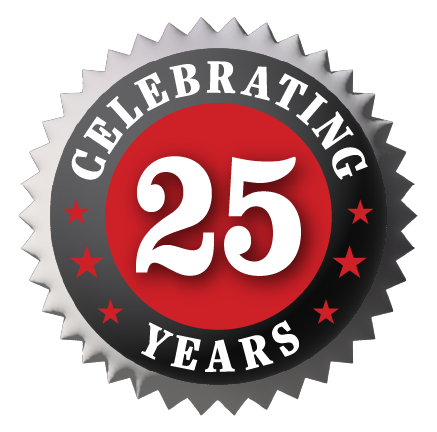“What a Dog Taught Me About Self-Trust”

In a recent discussion with other ADHD coaches, someone beautifully summarized that coaching, at its heart, helps the client develop self-trust. Indeed, getting to the point where we can trust ourselves is a relief. Self-trust moves us toward who we want to be in this life. It’s also a skill many individuals with ADHD struggle to cultivate.
I know because I struggled with this through my life. Once I started to develop self-trust, it was as if I was looking at the world for the first time.
Self-Trust: A Dog’s Story
When I first heard the term self-trust, I couldn’t wrap my mind around it. I heard all its related concepts — be kind to yourself, work toward the doable, be reliable, know your boundaries and keep them — but these went in my left ear and out my right.
Then I contemplated what I already knew about trust. Had I seen it show up somewhere else? I had — in a dog.
I knew a dog who was adopted after what had been a tough life. The telltale signs were there — cowering, darting for food then back to hiding under the bed, and persistent caution around people. The new owner, my friend, was a gem. She opened her heart and home to help a scared animal who would eventually come to know love and safety.
[Read: 6 Tips To Mitigate Self-Compassion Deficit Disorder]
But the dog didn’t know a stitch about that when he first arrived at his new home. Instead, he assumed life would be as it had been, arduous and frightening, so he continued to employ his well-developed survival skills to get through the day.
Sound familiar? Even just a bit?
The Cowering Dog in Each of Us
The cautious dog in us is the fallout of living with “shortcomings” and moments of unreliability in a world that isn’t a fan of such mishaps – and doesn’t let us forget it. We’ve learned to survive an environment that is unforgiving to ADHD – to keep the inner dog in line – through self-harassment and conditional self-acceptance.
It’s hard to imagine a cowering dog learning to play catch or offering a paw on cue. But once it notices that its human is a safe, reliable advocate, coming out from under the bed doesn’t seem so terrifying. Suddenly, learning a trick is possible because the person on the other end is smiling rather than hollering at them.
[Read: Silence Your Harshest Critic — Yourself]
I was an ace at hiding under the bed, and coming out from underneath it took some learning and doing. I still find myself under there sometimes, but a calm voice inside – my own, and one I’ve worked so hard to find – lures me out with love and safety and helps me reframe my self-criticism with four words: “You got this, buddy.”
Self-empathy felt squeamish to me for a long time, but making it a habit to frequently say those four words has been life-changing. I say those words to myself with patience and reasonable expectations, like my friend would say to her adopted dog. When I say those words, what I am really telling myself is, “You’re enough today.”
Oh my, is that luxurious compared to what I used to say.
Self-Trust Is Self-Reliability – One Daring Inch at a Time
Any of us would be determined to prove to a leery dog that we’ll reliably appear each morning with breakfast, speak in a calm tone, and avoid insisting that they come closer before they’re ready. We’d let the dog go at its own pace, and give it a “good job, buddy” whenever it crawled out of hiding. Because we know that the simple act of daring to show up is a big step forward.
Reliability — not reliable perfection, but reliable advocacy and willingness to keep showing up for yourself — is key to developing self-trust.
It took time for my friend’s dog to become the dog he is today. Likewise for us, self-knowledge and consistency don’t happen overnight. For me, the biggest shift came when I learned that moving forward inch by inch wasn’t as big a deal as accepting that an inch of progress is enough.
This allowed me to make the biggest learning of all: There are only inches and there is only us to keep moving through them. Self-trust lies in self-advocacy to continue to move reliably, regardless of the noise happening inside or around us.
That dog didn’t suddenly storm out from under the bed. He crept closer and closer to the edge until one day he realized he was living life in the open.
Self-Trust and ADHD: Next Steps
 CELEBRATING 25 YEARS OF ADDITUDE
CELEBRATING 25 YEARS OF ADDITUDE
Since 1998, ADDitude has worked to provide ADHD education and guidance through webinars, newsletters, community engagement, and its groundbreaking magazine. To support ADDitude’s mission, please consider subscribing. Your readership and support help make our content and outreach possible. Thank you.
















Leave a comment